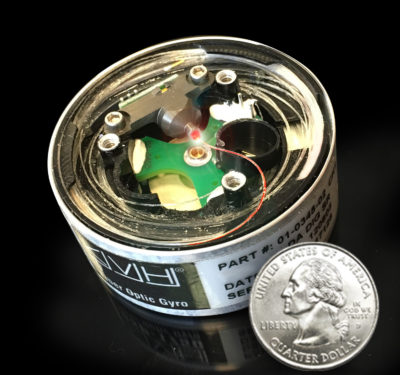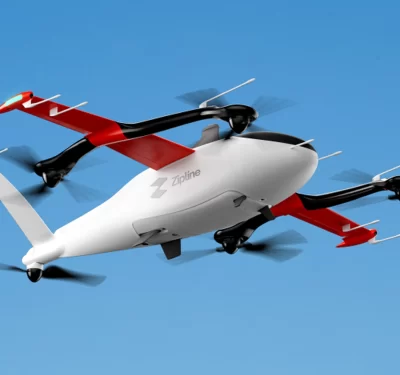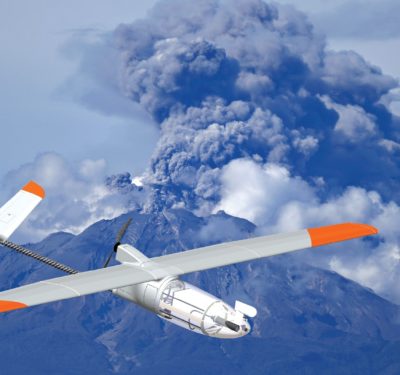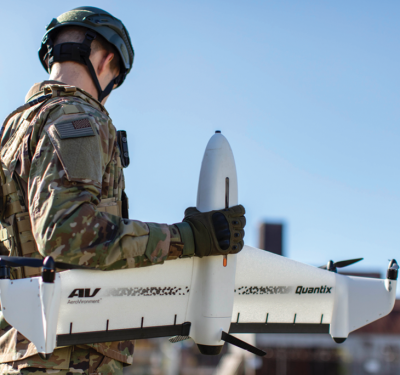Unifly, a provider of UTM technology, and Nexova, specialists in advanced cyber security solutions, have designed a secure, unmanned traffic management (UTM) system for Belgian airspace. They have also defined a cyber certification scheme for UTM, compliant with the certification framework laid out under EU regulations.
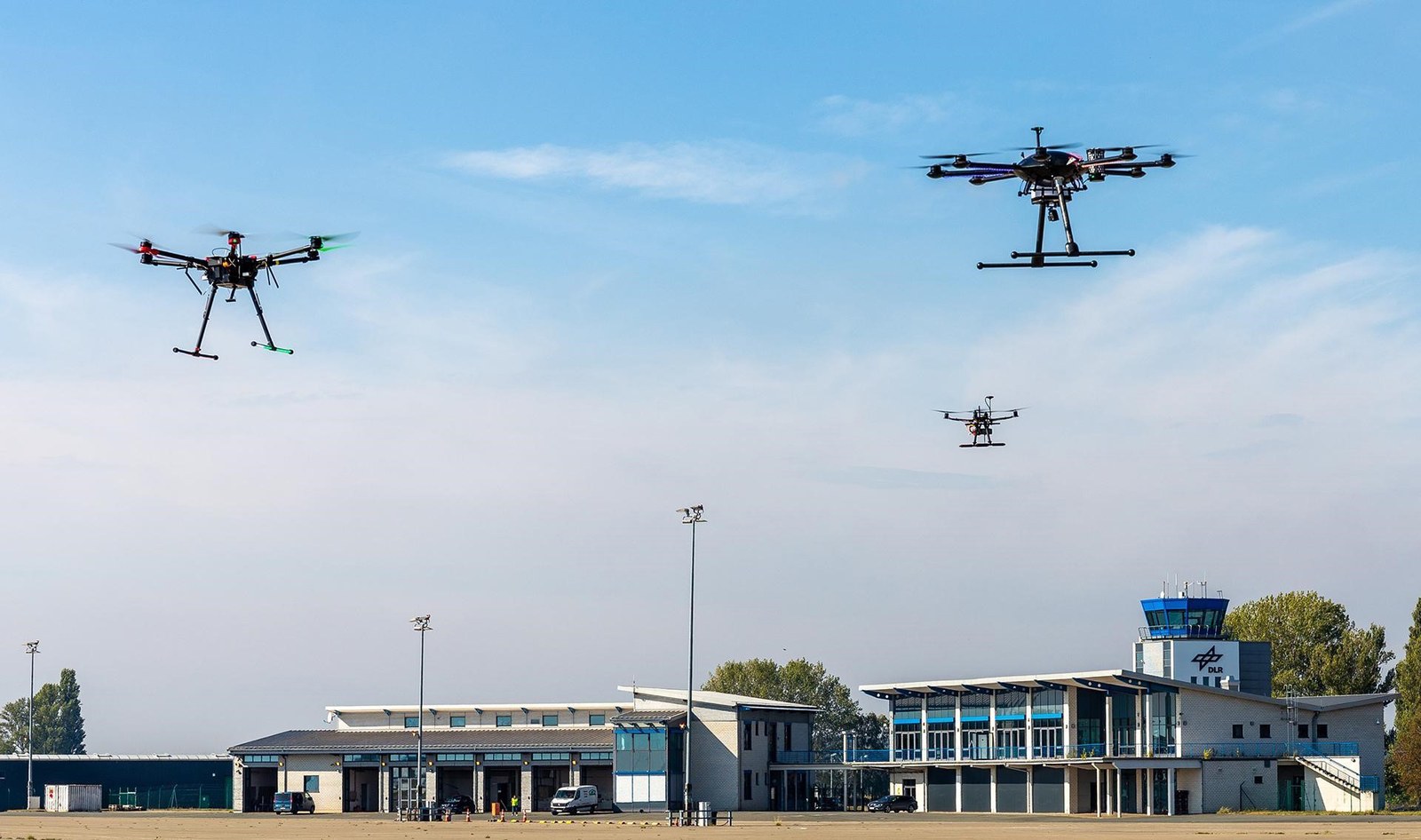
The integration of UAS within commercial airspace is accompanied by clear safety and security risks, particularly in the form of cyber attacks on networks or individual aircraft. The EU’s new ‘U-space’ regulations are aimed at integrating drone operations within European airspace. The anticipated U-space UTM software platform is certain to be characterized by a high level of automation and numerous machine and network interfaces, making it vulnerable to all variety of cyber threats and malicious interference.
Under the ESA-funded ‘Belgian secure certified UTM’ project, Unifly and Nexova carried out a number of tasks, entailing first the quantification of the risks of cyber-attacks against both UTM platforms and UAS traffic. They then developed new approaches to mitigate those risks with effective countermeasures.
Full slate of activities
The team undertook a comprehensive assessment of European UTM stakeholders and applicable regulatory frameworks, the results of which informed the creation of a new certification scheme for drone operations. The secure UTM system integrates advanced cybersecurity measures to protect against potential threats and attacks.
The team performed a conformity assessment of their UTM system under the new certification scheme. A robust methodology was developed for evaluating system security, applying best standards and practices from the cybersecurity domain. In planning a radio frequency (RF) penetration testing strategy for the new UTM system, the partners focused on selecting meaningful RF attack scenarios that would provide useful insights into the system’s capabilities and weaknesses.
Belgian private and public sectors are now actively engaged in developing new positioning-, navigation- and timing- (PNT)-based technologies, including drones, and an efficient regulatory framework for their application. According to project coordinator Wim Vanderheyden of Unifly, speaking at the recent ‘Belgian secure certified UTM’ final presentation, the country is actively working with the EU and international partners to strengthen the resilience of these technologies against threats like interference, spoofing, and GNSS disruption. “We believe our comprehensive approach, from stakeholder engagement and regulatory compliance to rigorous testing and effective communication, has laid a solid foundation for the secure integration of drones into the airspace,” Vanderheyden said.
The project was carried out with support from the European Space Agency’s NAVISP program.


